California Short Term Rental Regulations
By: Elliott Caldwell | Jun 26, 2025

Why are CA STR Regulations So Complex? The State vs. Local Divide
The complexity of California's short-term rental regulations stems from the state's governance structure and land use approach. It delegates land use and zoning authority to local governments, specifically, individual cities and counties. Decisions about allowing, restricting, or prohibiting short-term rentals are made at the local level by city councils or county boards of supervisors.
This local control contrasts with states implementing uniform regulations for vacation rentals. In California, local governments maintain this authority to address community needs. Some jurisdictions welcome STRs as economic drivers for tourism, while others limit them to preserve housing stock for long-term residents or maintain neighborhood character.
Local regulations are motivated by:
- Preserving affordable housing and preventing the conversion of long-term rentals
- Protecting the character of residential neighborhoods
- Managing tourism impacts, including traffic and noise
- Generating municipal revenue through taxes and permit fees
- Ensuring guest safety and property maintenance standards
Local control results in a complex mosaic of regulations across California's 58 counties and 482 cities. A property owner in Santa Monica faces different rules than one in Palm Springs, and unincorporated areas often have separate regulations from surrounding cities. Local STR ordinances in California represent one of the most diverse regulatory landscapes in the country.
Key State-Level Considerations
Most STR operational rules come from local jurisdictions. State laws generally don't override local ordinances on permits, zoning, or operational requirements. Local rules remain essential for day-to-day operation and compliance.
California property owners should be aware of state-level considerations that may affect their short-term rental business:
- State Taxes: Rental income must be reported on California state income tax returns. The California Franchise Tax Board has specific guidelines for reporting this revenue. Tax requirements can be complex, so consulting a qualified professional is advisable.
- Fair Housing Laws: The California Fair Housing Act along with federal laws applies to short-term rentals. These laws prohibit discrimination against protected classes including race, color, national origin, religion, sex, familial status, and disability.
- Business Entity Considerations: Depending on your STR business structure, you need to register with the California Secretary of State. Some owners create LLCs or other entities to manage their rental properties, leading to state-level registration requirements.
Despite state-level considerations, the daily operational rules that impact STR owners include permits, occupancy taxes, zoning restrictions, and operational standards determined by local authorities.
Common Types of Local STR Regulations in California
Most local ordinances across California's cities and counties address similar concerns, although requirements vary. Understanding these common elements will help you know what to look for when researching your jurisdiction's rules.

Permits and Licenses
Most California jurisdictions that allow STRs require owners to obtain official authorization, typically a short-term rental permit or a specialized business license.
These permit processes include:
- Application forms requiring detailed property information
- Proof of property ownership or landlord authorization
- Safety inspections (fire, building code compliance)
- Neighbor notification requirements
- Application fees under $100 to several thousand dollars
- Annual or biennial renewal requirements
- Limits on the total number of permits issued in the jurisdiction
-
Many ordinances require permit numbers on all online listings and advertisements. Some jurisdictions, like San Francisco, have worked with platforms like Airbnb to ensure only permitted properties are listed.
Transient Occupancy Tax (TOT)
Transient Occupancy Tax (TOT) also known as hotel, bed, or lodging tax is a key component of local STR regulations. This tax is levied on guests staying for short periods typically under 30 days and ranges from 8% to 15% of the rental amount, depending on the jurisdiction.
As an STR owner, you have the following responsibilities regarding TOT:
- Register with the city or county tax office
- Collecting the tax from guests usually added to the booking amount
- Remitting collected taxes to the local tax office
- Filing regular reports (monthly, quarterly, or annually)
- Maintaining detailed occupancy and tax collection
While platforms like Airbnb have agreements to collect and remit TOT automatically in certain jurisdictions, the responsibility for tax compliance falls on the property owner. Verify with local authorities that a platform is handling your tax obligations.
Zoning and Location Restrictions
Zoning regulations determine where STRs can legally operate. Typical zoning approaches include:
- Restricting STRs to specific zoning districts, such as commercial, mixed-use, or certain residential zones
- Creating buffer zones to prevent concentration, e.g., no STRs within 300 feet of another
- Establishing density caps limiting the percentage of housing units that can be STRs in a building or neighborhood
- Prohibiting STRs in certain housing types, such as affordable housing units or Accessory Dwelling Units
Many jurisdictions differentiate between:
- Hosted Rentals: Where the owner lives on-site during the guest stay, often in another portion of the same dwelling.
- Unhosted Rentals: Entire property rented to guests without the owner on-site
Some cities only permit "hosted" rentals or implement stricter regulations for "unhosted" stays. Others impose Primary Residency Requirements, mandating that STRs can only operate in an owner's primary residence where they live for at least 6-9 months per year.
Operational Rules
Local ordinances often establish specific operational standards for STRs, including:
- Occupancy Limits: Maximum number of guests allowed, calculated per bedroom or total area.
- Noise Restrictions: Designated quiet hours and sound level limitations
- Parking Requirements: Specified number of off-street parking spaces required per bedroom or guest.
- Trash Management: Guidelines for refuse storage and collection
- Safety Equipment: Mandatory smoke detectors, carbon monoxide detectors, fire extinguishers, emergency exit information, and first aid kits.
- Minimum Stay Requirements: Some jurisdictions set minimum stay lengths, for example, a 2-night minimum.
- Outdoor Facilities: Regulations for pool use, hot tubs, outdoor lighting, and fire pits.
- Signage: Regulations on exterior signage of STR properties.
Hosting Requirements
Ordinances impose specific obligations on hosts or property owners, such as:
- Providing guests with round-the-clock contact information for a local representative.
- Responding to complaints within a specified timeframe
- Maintaining guest logs for a defined period
- Providing guests with local rules and emergency procedures.
- Obtaining suitable insurance coverage
- Maintaining the property to defined standards
These California STR compliance requirements ensure short-term rentals operate responsibly within communities while reducing negative impacts on neighbors and public services.
Examples of Diverse California City Regulations (Brief Overview)

California's regulatory approach varies among jurisdictions. Los Angeles allows STRs only in an owner's primary residence and requires city registration. San Francisco has strict registration requirements and caps on rental days without the host. Santa Monica has restrictive regulations, permitting only hosted rentals. Palm Springs embraces vacation rentals with a permit system and strict operational standards.
Rules can vary dramatically within regions. In the Lake Tahoe area, South Lake Tahoe, Placer County, and El Dorado County have different regulations despite geographic proximity. Similarly, coastal Southern California communities like Newport Beach, Laguna Beach, and Huntington Beach have taken distinct approaches to managing vacation rentals.
These examples illustrate the variety; they shouldn't be relied upon for compliance. Regulations may have changed since this writing, and the specific rules for your property's location must be researched through official channels as described in the previous section.
Non-Compliance
In California, failure to comply with local STR ordinances can result in significant consequences for property owners. Understanding these penalties highlights the importance of thorough research and adherence to regulations.
Common consequences for non-compliance include:
- Financial Penalties: Fines range from hundreds to thousands of dollars per violation. Some jurisdictions impose daily penalties for continuing violations.
- Permit Revocation: Most jurisdictions can suspend or revoke STR permits for violations, prohibiting future rentals.
- Cease and Desist Orders: Operating without required permits may result in orders to stop all short-term rental operations immediately.
- Tax Liabilities: Failure to collect or remit TOT can result in back-tax assessments, penalties, and interest.
- Legal Action: Some jurisdictions may pursue legal action against persistent violators, resulting in court costs and judgments.
- Property Liens: Unpaid fines or taxes may lead to property liens.
- Platform Removal: Some platforms may remove listings that don’t comply with local requirements, especially where they have agreements with local governments.
Non-compliant operations risk damaging neighborhood relationships and exposing owners to additional liability issues if operating without proper permits or insurance, beyond official penalties. Compliance with all regulations is necessary and a sound business practice for long-term success in the short-term rental market.
Navigating Complexity: The Role of Professional Management
California's short-term rental regulations challenge property owners, especially those managing multiple or remote properties. Staying current with changing rules, handling permit renewals, managing tax collection and remittance, and ensuring compliance requires considerable time, knowledge, and attention to detail.
For many owners, partnering with a professional property management company offers a valuable solution to these challenges. Experienced managers specialize in navigating complex regulations while optimizing property performance and guest experiences. They handle all compliance aspects, from obtaining permits and collecting taxes to ensuring operational standards.
Home Team Luxury Rentals offers property management services focused on high-end vacation properties in the U.S. Experienced Airbnb Superhosts Michael and Jill Elefante and Elliott Caldwell founded the company. Their nationwide reach means they understand diverse regulations while maintaining consistent quality.
Their full-service approach addresses the entire short-term rental management spectrum, including regulatory compliance, marketing, guest communication, dynamic pricing optimization, and maintenance coordination. By focusing on exceptional experiences in luxury properties, they help owners avoid compliance issues while maximizing ROI.
This management approach is valuable in complex regulatory environments like California, where staying updated on changing rules requires dedicated attention. Property owners enjoy their investment benefits without the burden of navigating the landscape alone by leveraging their expertise.
If you need expert help managing your luxury California vacation rental and navigating regulations, consider Home Team Luxury Rentals' services.
Conclusion
California's short-term rental regulation creates one of the nation's most complex and varied regulatory environments. The state's delegation of authority to local governments results in a patchwork of ordinances that differ dramatically from one jurisdiction to another, creating substantial compliance challenges for property owners.
Understanding the distinction between state and local regulations is essential. Local rules govern most operational aspects of STRs including permits, taxes, zoning restrictions, and daily requirements. Navigating this landscape requires diligence and attention to detail, and successful compliance is achievable through proper research using official government sources and potentially professional management assistance.
California's short-term rental market offers significant opportunities for property owners willing to invest time and resources to understand and follow the regulations. By approaching the regulatory requirements thoroughly and with dedication, owners can build sustainable, profitable businesses while contributing positively to their communities.
Legal Disclaimer
This article is for informational purposes only and does not constitute legal or financial advice. Short-term rental regulations are complex and subject to change. Property owners should consult directly with their








